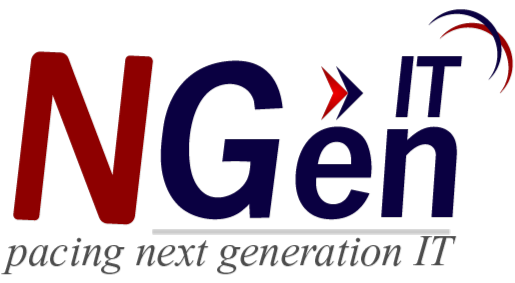We hope this blog post helps you understand how a log aggregator can be helpful and what to look for in a logging system. A good logging solution can help you get the most out of your logs and identify issues early.
Now that you have a good grasp of what a log aggregation service looks like, you should look at the logging services provided by SolarWinds® Loggly®. It can help you aggregate your event data into one place using the techniques I’ve mentioned above, and a free trial is waiting for you.
This post was written by Erik Lindblom. Erik has been a full-stack developer for the last 13 years. During that time, he’s tried to understand everything that’s required to deliver high-quality, valuable software. Today, this means using cloud services, microservices techniques, and container technologies. Tomorrow? Well, he’s ready to find out.
The Loggly and SolarWinds trademarks, service marks, and logos are the exclusive property of SolarWinds Worldwide, LLC or its affiliates. All other trademarks are the property of their respective owners.





